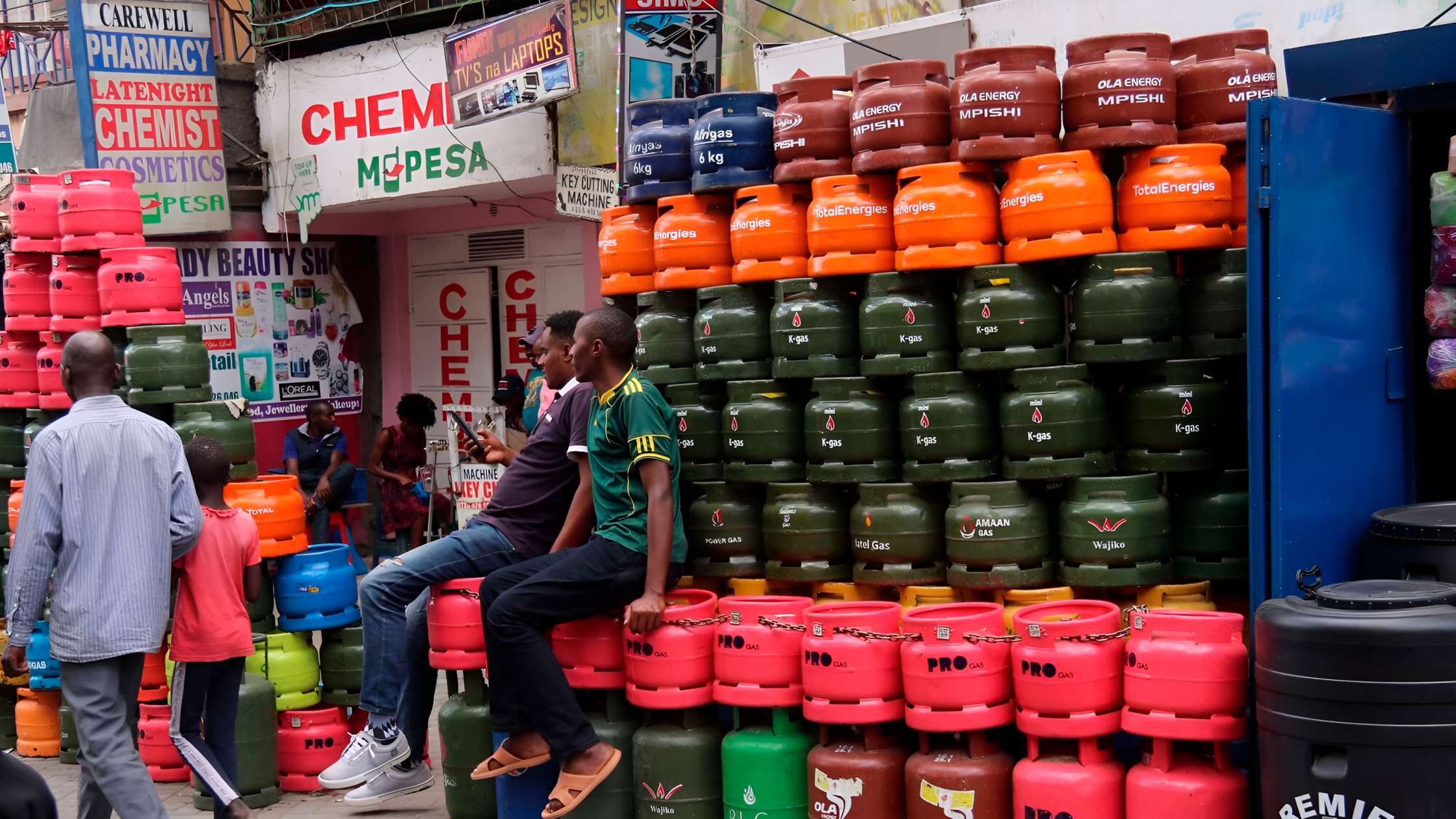Cooking gas dealers face stricter rules in new EPRA guidelines

The regulator is concerned about increasing reports of dealers who refill other people’s cylinders without permission, especially in urban areas.
In a major shake-up of the cooking gas business, the Energy and Petroleum Regulatory Authority (EPRA) has proposed new rules that will require investors to own at least 30,000 Liquefied Petroleum Gas (LPG) cylinders before they are licensed to operate.
The move is part of wider efforts to eliminate illegal practices in the growing LPG sector and protect legitimate dealers from middlemen who have been accused of hijacking brands and cross-filling gas cylinders.
Currently, dealers need only 5,000 cylinders to join the market. EPRA now wants to increase that six-fold to tighten control and weed out players who cannot meet basic safety and operational standards.
"The brand owner shall own a minimum of 30,000 LPG cylinders of either standard capacity," the regulations say.
The regulator is concerned about increasing reports of dealers who refill other people’s cylinders without permission, especially in urban areas.
These practices have contributed to several household gas leaks and explosions blamed on substandard refilling.
"There is a tendency to have undercutting businessmen and women into the market, who end up cross-filling or even disappearing with other people’s brands, hence cannibalising other investors’ for their own gain," said an energy sector official.
By targeting players without the financial muscle to maintain a large inventory, the new regulations are expected to reduce black market activities and increase accountability in the industry.
EPRA believes this will also improve safety and confidence among consumers.
Cooking gas usage in Kenya has been growing, with last year’s figures hitting 414,880 tonnes, up from 360,590 tonnes the year before.
This surge in demand has drawn both local and foreign investors into the space.
Despite policy efforts, including the removal of taxes to cut gas prices, many consumers have not felt the relief.
In March, a 13kg gas cylinder cost Sh3,146.03 on average, compared to Sh2,787.83 in June 2023 — before the removal of VAT, import fees, and other levies.
Exchange rate stability was expected to further ease gas prices, but this has not translated into reduced costs for consumers.
The continued rise in prices, despite these measures, has led to questions about the effectiveness of reforms.
Meanwhile, EPRA has allowed dealers who currently own fewer than 30,000 cylinders a window of three years to meet the new target.
The regulator says this phased approach will prevent disruption to the supply chain while ensuring all players are held to the same standard.
This new policy replaces the 2019 threshold and comes as part of efforts to keep up with industry growth and changing market dynamics.
More companies are looking to build gas-handling facilities, with Nigeria’s Asharami Synergy and Tanzanian firms Lake Oil and Taifa Gas leading expansion plans in the region.
